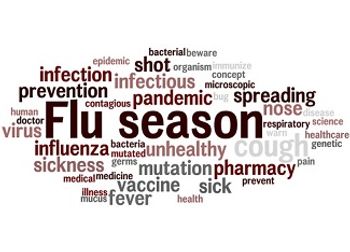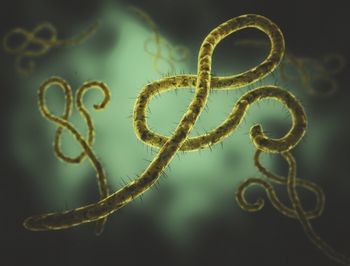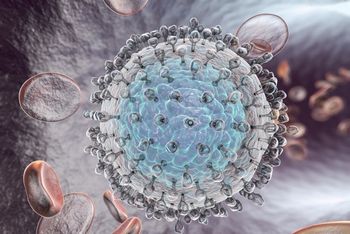
Infection with C diff can increase hospital length of stay between 3 and 21 days, new research says.
Rachel is a longtime contributor to Contagion, HCP Live and MD Magazine. She frequently covers C diff, coronavirus and other infectious diseases.

Infection with C diff can increase hospital length of stay between 3 and 21 days, new research says.

Fewer Massachusetts health care workers receive influenza vaccines than is required by the state; how to spot the difference between the flu and other illnesses with similar symptoms; and more of the latest flu news as we enter 2020.

Some asymptomatic carriers of C diff went on to have clinical infection themselves within a 6-month period.

Women and adults aged 65 or older were particularly affected by the increased incidence of nontuberculous mycobacterial (NTM) lung disease infections.

A retrospective study sought answers about infection treatment with the combination antimicrobial ceftazidime-avibactam.

A literature meta-analysis determined the worldwide prevalence of hepatitis B virus in people living with HIV.

A new study used existing literature to compare clinical outcomes for telemedicine infectious disease consultations to non-telemedicine consultations.

Influenza vaccination offers protection against illness and death for heart disease patients. The possibility of treatment-resistant influenza. The earliest, strongest US flu season in 15 years. What’s new in flu news this week?

Observations about the body’s response to malaria infection can lead to new treatments for HIV and lupus, investigators believe.

Prior to this study’s publication, the literature about pediatric C diff infection was limited.

A survey of health care workers in Europe was translated to 25 languages and reached more than 18,000 participants.

Ertapenem and daptomycin are commonly used in OPAT plans because they are broad-spectrum antimicrobial agents, despite their high cost.

Asthma patients benefited from flu vaccines, according to a study that examined 6 influenza virus seasons.

Investigators now think that Ebola prevention methods should be a top priority moving forward.

Facebook joins the fight against the flu. The FDA approves an influenza vaccine for adults age 65 years or older. What’s new in flu news this week?

Rates of health care facility-acquired C diff seemed to show improvement, but understanding community-acquired cases better in the future can help aid prevention efforts.

Sexually-transmitted Campylobacter clusters were genetically similar in the Seattle and Montreal regions. Campylobacter can be associated with “a bad week or 2” and even Guillain-Barre syndrome.

Blood sample testing in African countries using rapid tests is a mixed message. Accuracy in HIV improved, but accuracy in hepatitis B and C testing did not.

H3N2, a particularly virulent strain of influenza, blew through Australia. Is it coming to the United States this fall and winter?

Eravacycline may be an option for patients with a history of C diff or those with a history of infections who are at risk for developing the infection.

While infectious disease consultations reduced the amount of antibiotics used for patients, it only affected C diff rates at 1 of 3 hospitals in the study.

The study focused on women living with HIV in areas where TB is highly prevalent.

When guidelines are quickly implemented for C diff treatment recommendations, the changes are reflected quickly.

Millennials are a major population affected by the opioid crisis, which has now translated to an increase in hepatitis C virus infections among the generation.

The most common presentation for pediatric invasive aspergillosis patients was a pulmonary infection.

Awareness for HIV PrEP was high for all racial and ethnic groups, but black and Hispanic MSM discussed its use with physicians less often than white counterparts.

A human vaccine could reach clinical trials in 2 years, the lead researcher told Contagion®.

“We want the readers to know that there is room for improvement in current hand hygiene regimen,” the study authors said.

Through June 2019, there were 725 confirmed cases of C auris in the New York City, New Jersey and Chicago regions, with 30 additional probable cases documented.

A nationwide cohort study in Denmark examined hypertensive populations and the protective effects awarded by the influenza vaccination.